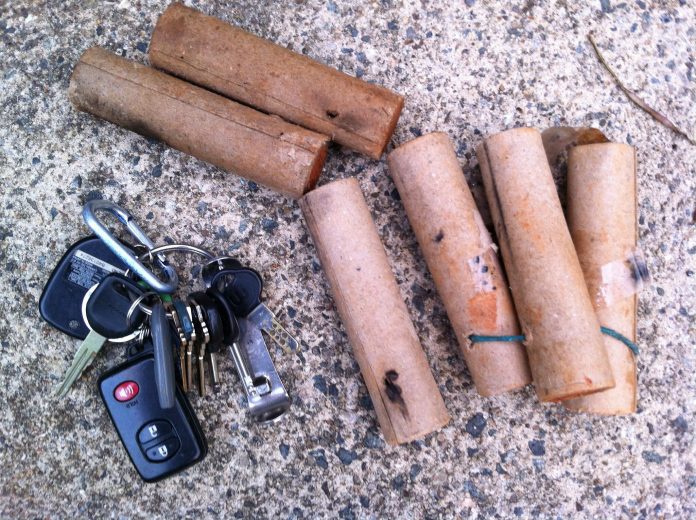Plans to update and tighten rules on the use and sale of chemicals that could be used to make homemade explosives were approved by MEPs, on Tuesday.
Approximately 40% of terrorist attacks in the EU between 2015 and 2017 used homemade explosives, demonstrating clear gaps in the current rules. Furthermore, the security threat has been constantly evolving, with terrorists using new formulas and techniques to prepare homemade explosives.
The new rules aim to close the gaps in current legislation by:
adding new chemicals to the list of banned substances. This would include sulphuric acid which is used to produce TATP, the explosive used in the 2015 attacks in Paris, the Brussels attack in 2016 and the Manchester attack in 2017;
tightening the licensing conditions to purchase and use explosives precursors, ending the current weak registration systems that allow people to buy restricted substances by simply showing an ID card;
clarifying that online marketplaces are equally covered by the rules on sale, and on the reporting of suspicious transactions.
The restrictions will not apply to professionals who need to use these chemicals in connection to their trade or profession.
The new rules were adopted by 616 to 7, 21 abstentions. The text still needs to be formally approved by the Council before entering into force.
The new rules will apply 18 months after their publication. Issued licences will remain valid 12 months after the application of the new rules.
Rapporteur Andrejs Mamikins (S&D, LV) said: “This is a victory of European security over the terrorist threat, which no Member State can tackle individually. The new rules will close security gaps in the use and sale of explosives by setting strict rules along the whole supply chain, regulating the online market and restricting access to certain substances for members of the general public.”

